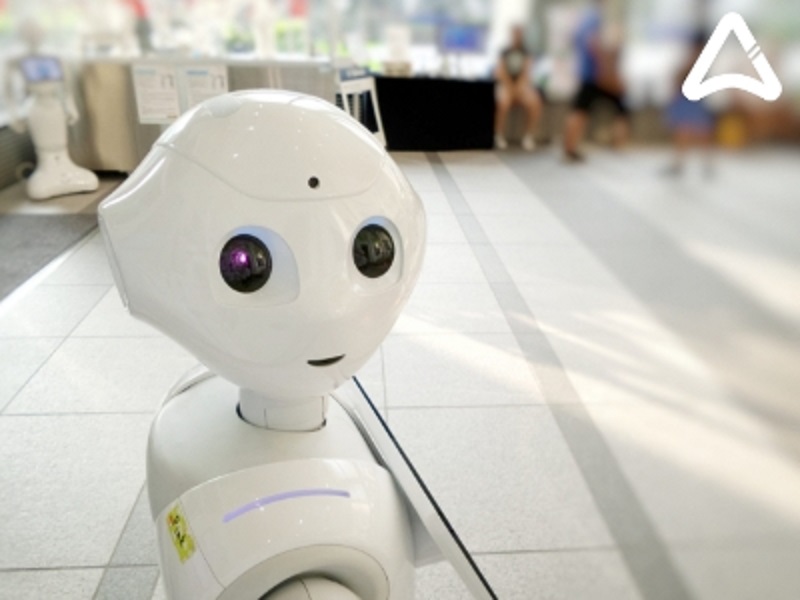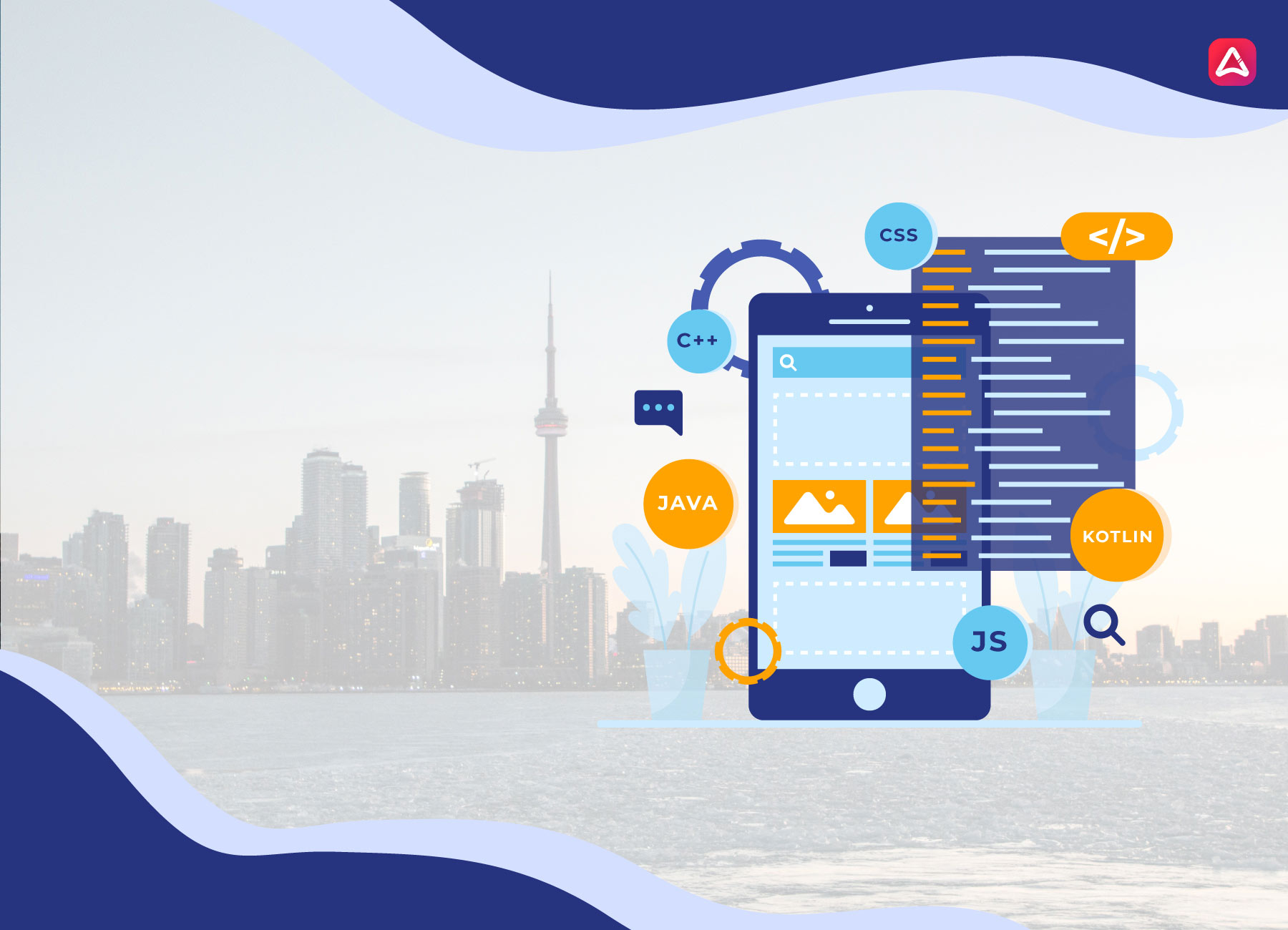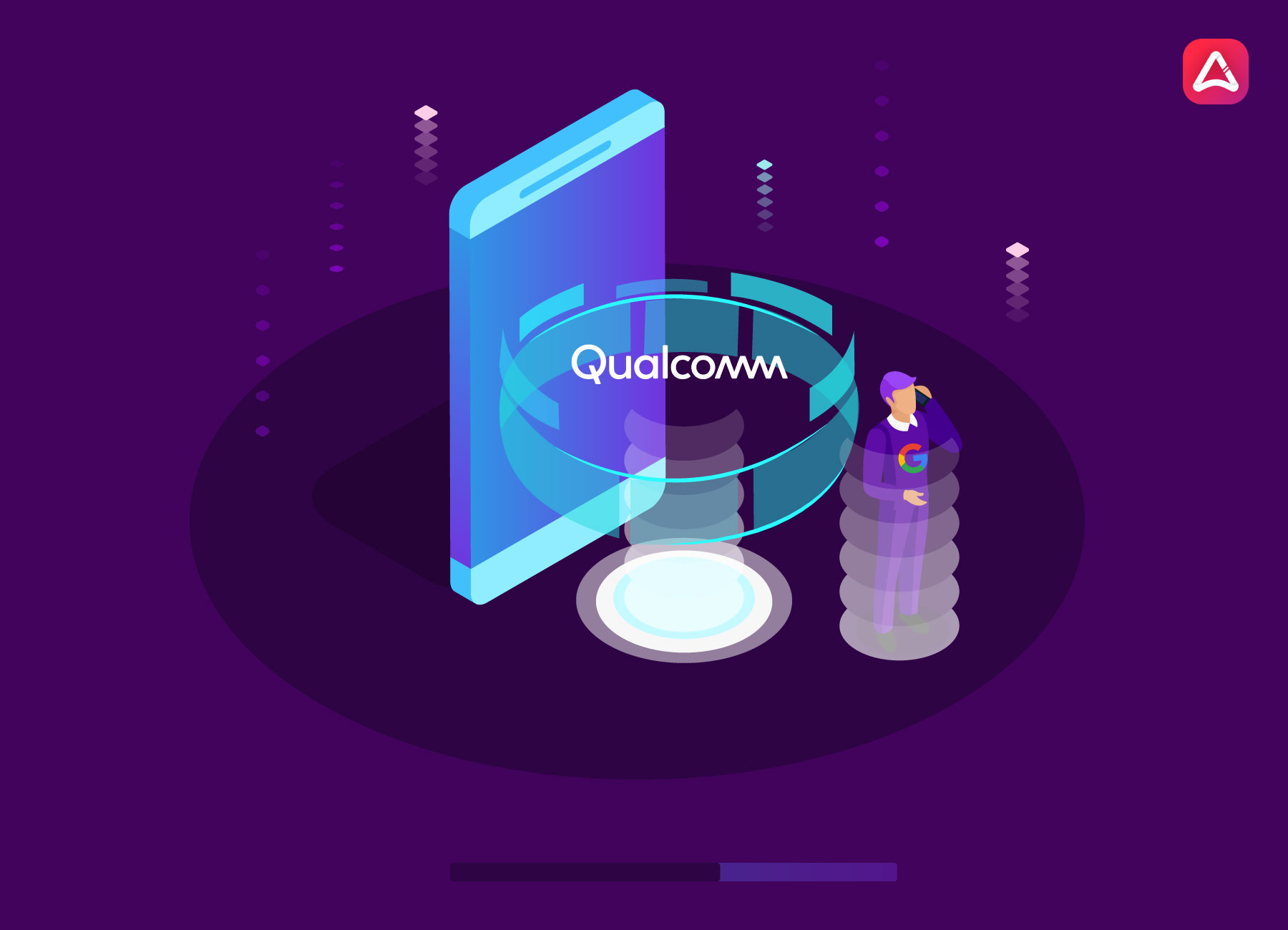Artificial intelligence is a computer science field that targets the improvement of smart machines which perform and react like a real person. When applications are getting smarter as well, which is influencing what programmers do and how to do it.
While developers need not be AI specialist to incorporate insightful components in their application, they ought to comprehend something about what they are incorporating within their application and why.
Also when companies race to maximize this technology. 62% of enterprises in 2018 have already implemented AI. For example, Siri, Cortana, or Google Assistant. AI-powered apps are especially useful to businesses because of the sheer amount of activity the average smartphone performs on a daily basis. This means there is plenty of information to be gathered and analyzed, translating into improved customer experience and optimized revenue.
AI develops its pattern recognition skills through machine learning —repetition over time. The suggestion that it will take you 15 minutes to get to a certain address at 8 am in the morning is because it has noticed over time that typically, that’s where you are going at 8 am.
Here are the top ten main use cases for AI in mobile applications, illuminating the very real present-day benefits of this futuristically named technology:
1) Automated Reasoning
The advantage of computers is that they can be programmed to follow rules of logic. This makes for consistent processes and outcomes for each and every user of the app. It also allows for methodical problem-solving.
The field of automated reasoning is a subject of much fascination for roboticists, computer scientists and philosophers. In the context of your app, automated reasoning standardizes the user experience and makes it so users can find solutions to problems with no human help required.
2) Personalized App Experiences
One of the best benefits of artificial intelligence for businesses, artificial intelligence learns about your customers and can recommend products or content they’re most likely to enjoy and engage with. This can drive revenue for your retail app, encouraging shoppers to add another item for their basket if it suits them perfectly. AI derived, tailored recommendations are the backbone for sites like Netflix and Amazon, whose cutting-edge algorithms quickly learn about its users and feed them suggestions that keep them coming back.
3) Voice Assistance
Voice assistance is one of the hottest trends in tech, projected to be a paradigm shift for the conversational interface. 20% of all Google searches are performed by voice, and voice assistants such as Siri, Alexa and Cortana are already ubiquitous.
Enabling your app with voice assistance AI puts it at the forefront of UX, or User Experience. Voice assistance AI is also better able to register emotion and tonality in the words of its users, which is an advantage over textual conversational AI.
4) Higher User Engagement
All AI improves customer service, but few branches of AI have such an active role as conversational chatbots. Chatbots give the app user instantaneous access to “support staff”, answering user queries within the scope of its understanding. In the case of offline companies, when a customer has to wait on hold or write an email, it lowers customer satisfaction.
5) Image Recognition
Image recognition AI is gaining ground with apps such as Prisma and Nantmobile. Advanced neural networks are able to scan an image, identifying shapes and signifiers and piecing them together to identify what it’s looking at. Since the web is such a visual medium, image recognition AI will be greatly influential as it continues to find uses.
6) Advanced Analytics
One of the most valuable AI business tools is in-depth analytics insights. AI can process and filter extremely large data sets in minutes, the kind of clerical work that would take a human week to do. AI is then able to analyze the data and find patterns, make groupings and display results in a boiled-down form. Much of the buzz around AI centers on the escalation of data processing. Analytics is essential for revealing what’s working and what’s not on your mobile app. The greater the insights you have, the better positioned you are to create a product that is valuable to your users.
7) Unique Branding Possibilities
Big brands are seizing AI as a way to delight customers and differentiate themselves. With the advanced computing power of AI comes unlimited possibilities for creative usage. Procter & Gamble have developed an AI-powered “Skin Advisor” app that analyzes users selfies and recommends a personalized skincare regimen for them. Furniture stores are creating apps that take stock of the user’s home and gives projections of what a new sofa, table or chair would look like in their space. Snapchat uses speech-recognition AI to notice when users say simple words like “hi”, “yes” and “love”, triggering special effects to emphasize the statement. AI can be used in any number of ways to add quirky or useful features to your app, making it stand out in the crowd.
8) Technology That Teaches Itself
One of the best things about artificial intelligence is its ability to learn from its own performance and make self-improvements. This is known as machine learning. Computers are able to analyze data and learn over time in an autonomous fashion. This has some people freaked out by the prospect of super-intelligent AI, but enthusiasts are excited for the knowledge breakthroughs that are already taking place.
Machine learning in mobile applications means that your app will only get better as time goes on, becoming more in tune with user habits and efficient at providing them what they’re looking for. Machine learning is so effective that self-taught computers are able to defeat human grandmasters at games of strategy such as chess, Go and poker. You want your mobile app to be a step ahead so it can always be in the position of guiding the user, and not the other way around.
9) Better Search
The technology utilized when you’re searching for a query and a bunch of matches filter while you type in real-time is complex and nuanced. But once you implement a search bar correctly with real-time filtering, ML can help further refine results for your users.
ML also can generate a knowledge graph with interconnected nodes that show connections visually between help desk articles, DIY videos, FAQs, and documents. As a result, search results become more contextually relevant and encompassing of all written assets.
10) More Robust Security
Globally, digital accounts were hacked 45% more in 2017 than in 2016. This translated to $3.3 billion lost for online shops. ML can create more secure app authentication by using biometric data in tandem with video, voice, or audio recognition.
Banks can verify customer identity easily without inconveniencing the customer, and Uber is using ML to detect faces for past offenders of credit card fraud. ML can be applied for virtually any security task your company or app needs.
Our Artificial Intelligence app Developers have evolved immensely to offer a wide range of mobile services. As the fastest growing mobile app developer, we have a strong presence in developing the most futuristic and immersive frameworks.






